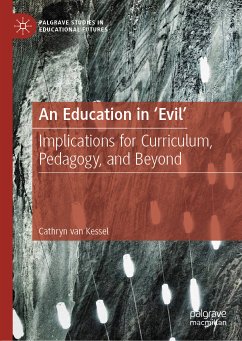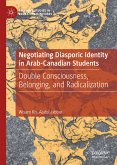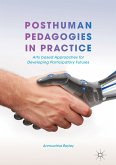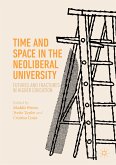Dieser Download kann aus rechtlichen Gründen nur mit Rechnungsadresse in A, B, BG, CY, CZ, D, DK, EW, E, FIN, F, GR, HR, H, IRL, I, LT, L, LR, M, NL, PL, P, R, S, SLO, SK ausgeliefert werden.
Hinweis: Dieser Artikel kann nur an eine deutsche Lieferadresse ausgeliefert werden.
"A unique and valuable apparatus that can help educators and students reconceptualize evil as being a perpetually developing and creative force. ... elementary school educators could benefit from the identification of theories and concepts that could serve as starting points for discussion with younger students." (Bretton A. Varga, The Journal of Social Studies Research, Vol. 43 (4), October, 2019)









